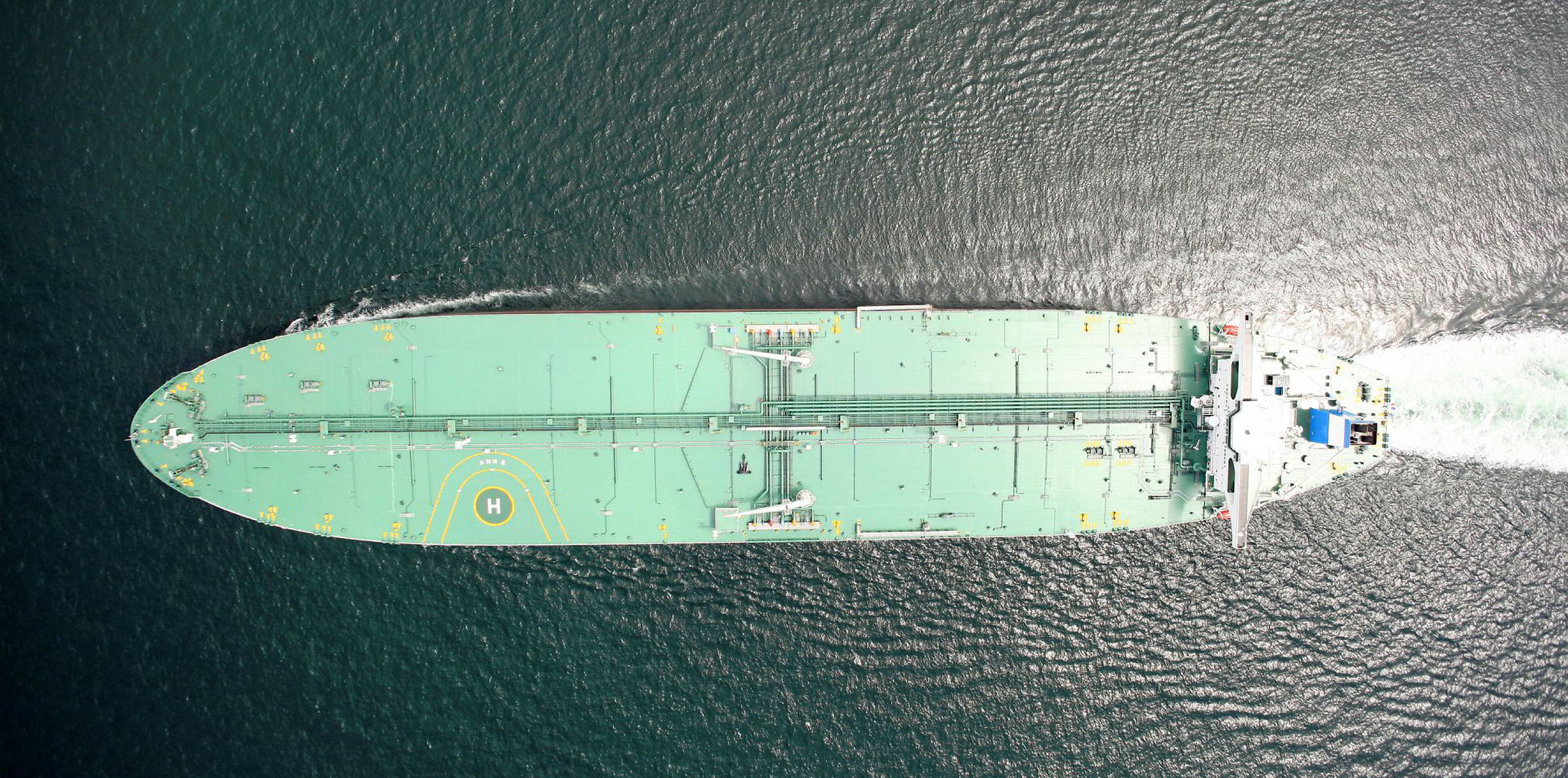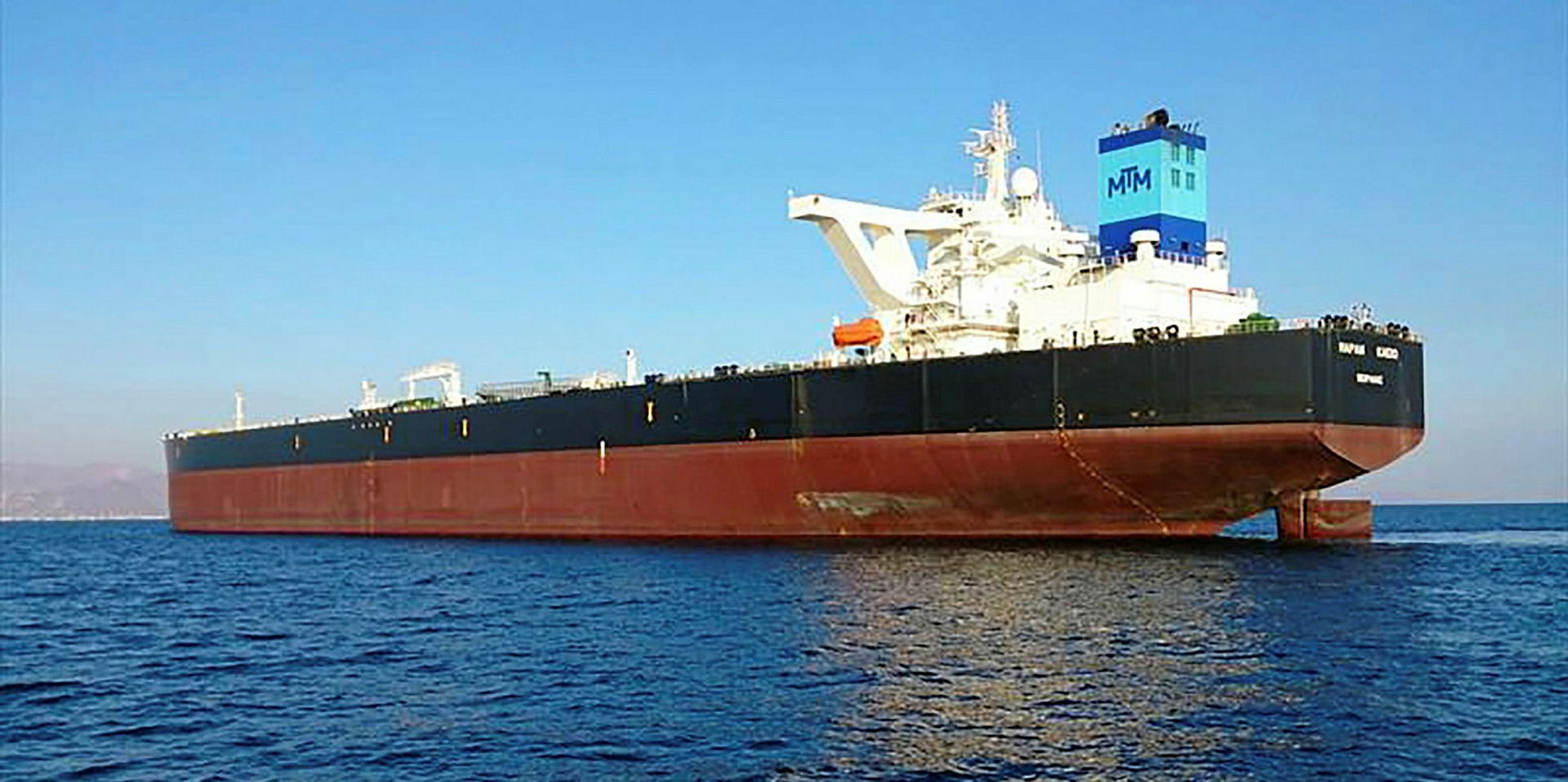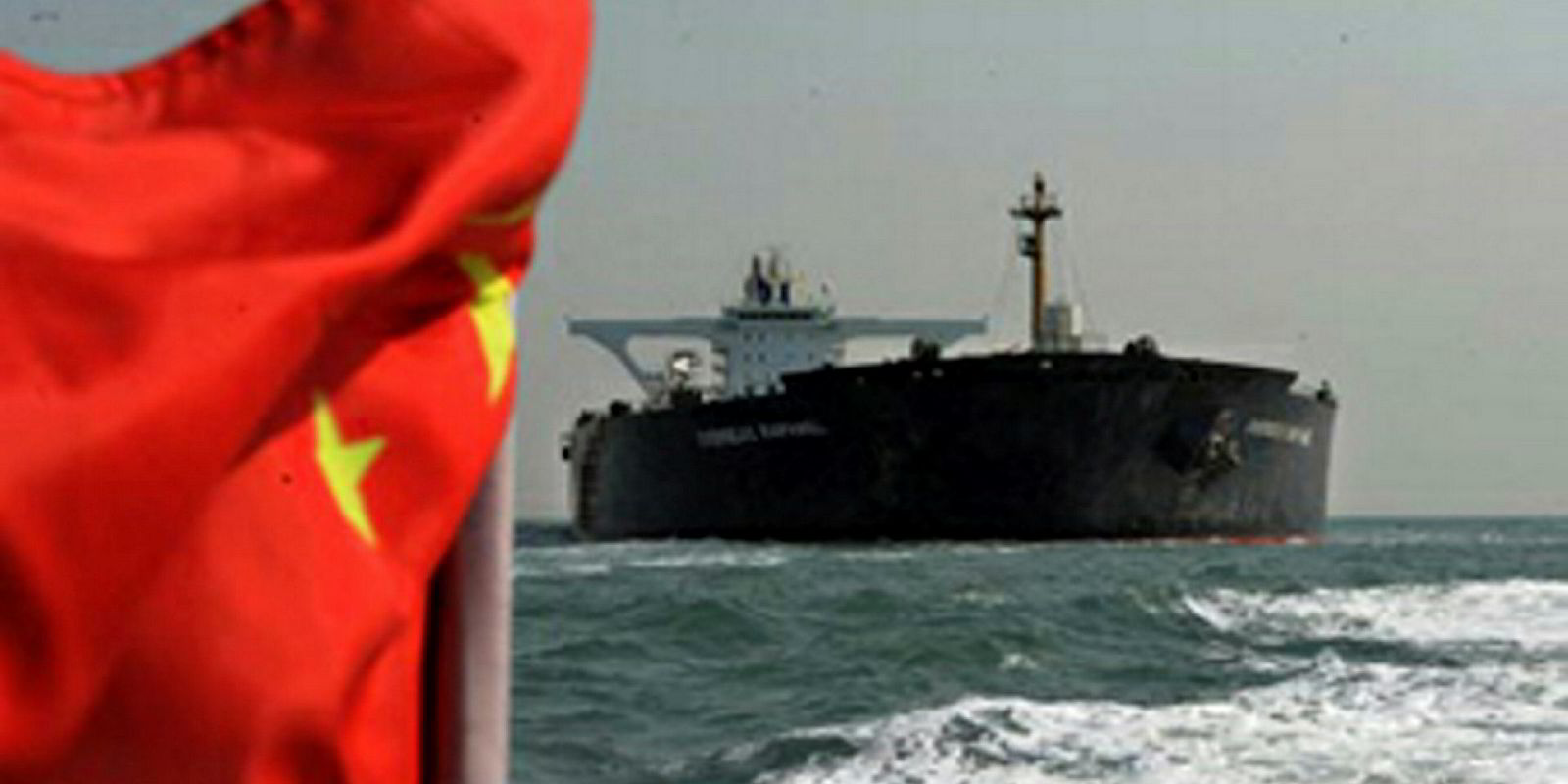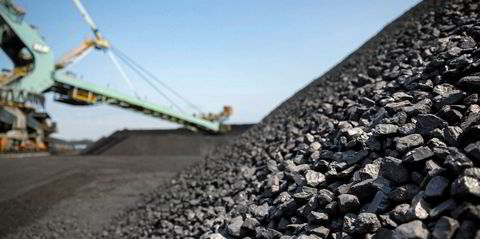Brazilian crude oil exports hit a record high in December 2019 with a total 8.7 million tonnes of crude oil exported, reports Bimco.
Annual export volumes grew by 5% compared to 2018 as China continues to turn to Brazil for crude, the Denmark-based shipowners’ organisation said.
The previous monthly record for Brazilian crude oil exports of 8.1 million tonnes was set in July 2018, at which time 41% of the crude oil was sent to China. Last month, 64% of Brazil’s total crude exports went to China, Bimco said.
In 2019, 63% of Brazil's total crude oil exports went to China, representing a 42% jump over a five-year period, from 20% of crude exports in 2014.
“While the lion share of Brazilian crude oil was shipped to China, Brazil only accounted for 8% of Chinese crude oil imports through the first 11 months of 2019,” said Bimco.
In 2019, 63% of Brazil's total crude oil exports went to China, representing a 42% jump over a five-year period, from 20% of crude exports in 2014
Bimco
Bimco’s chief shipping analyst, Peter Sand said that while US crude oil exports have been the “talk of the town” crude oil exports from Brazil are also proving to be an “interesting development to watch out for”.
“The record-breaking Brazilian crude oil exports in December bring a positive development to the crude oil tanker market with a strong tonne-mile upside generated by the long-haul trade from Brazil to China,” he said.
Roughly 95% of Brazilian oil is produced offshore according to data from ANP, Brazil’s National Petroleum Agency.
Nonetheless, Bimco said Brazil has managed to ramp up production in recent years, with November 2019 output of 3 million barrels per day (bpd) a year-on-year increase of 20%.
“Brazilian crude oil production has risen steadily over the past decade, with the exception of 2018. With future production estimated to follow the same growth rate, Brazil could increasingly become a driver of crude oil tanker tonne-mile growth in the coming year, especially if China sustains its increasing appetite for the Brazilian crude oil,” says Sand.
Bimco said the recently inked US-China phase one trade deal, in which China has committed to increase its imports of, amongst other things, energy commodities, could “slow the tonne-mile growth of Brazilian exports” if the deal results in trade diversion rather than trade creation.
“Several factors, including China’s energy supplier diversification and yearly growth, point in the other direction. It may however be too early to forecast whether China will divert its crude oil imports from Brazil to the US,” it said.
“Whatever the outcome from the US-China phase one trade deal, Brazilian crude oil exports have, for the time being, brought a positive development to the crude oil tanker market, which experienced high fleet growth in 2019.”






